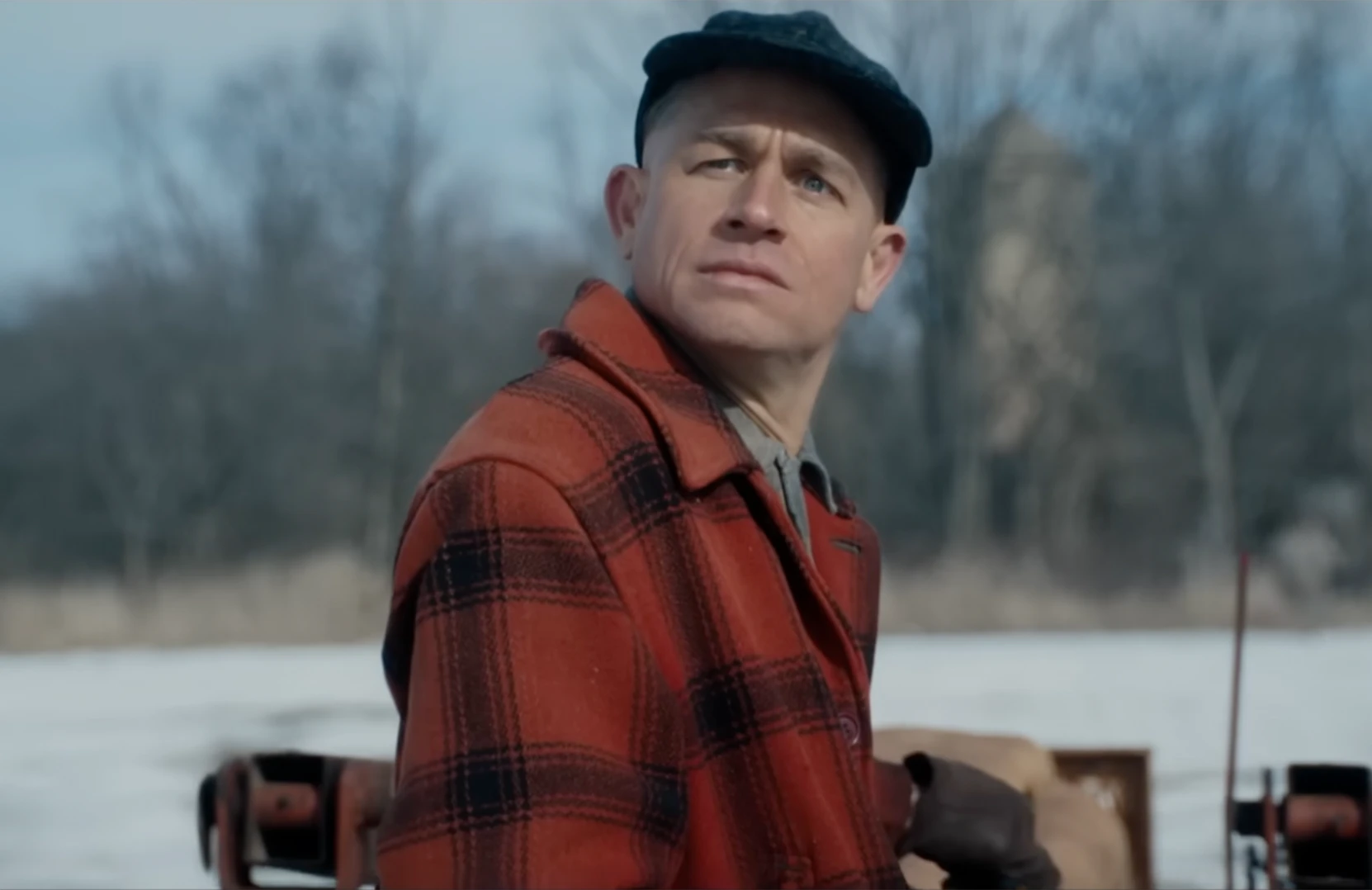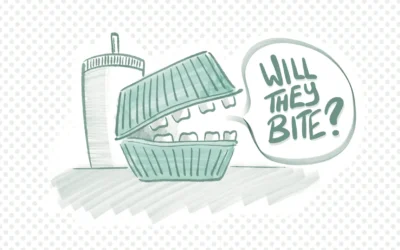Screenshot from the MONSTER: The Ed Gein Story trailer. Netflix.
Syn talks about the new Netflix docu-series Monster: The Ed Gein Story, and rants on inaccuracy and respecting victims
True crime entertainment has been a major interest of mine. All things macabre and peculiar, from true crime, banned books and movies, to the supernatural and beyond. That’s why I wanted to watch what I thought at the time was a new documentary about “the Butcher of Plainfield,” Ed Gein. However, upon opening Netflix, I was met with eight nearly hour-long episodes about the story of Ed Gein. I’m not a huge fan of docu-series for a variety of reasons, but the most important things to me in documentaries and docu-series alike are verified facts and respect for the victims, both of which I feel the show lacks.
As I watched the show, one question that kept popping into my head was, “what was the point of this show?” Monster: The Ed Gein Story takes us through a dramatized version of the killer’s life and the legacy he left behind, which includes the array of iconic horror and thriller villains he inspired, including the character of Norman Bates in Alfred Hitchcock’s 1960 film, Psycho. The story they laid out feels much more like a tale of sympathy for the killer, with no respect given to the real victims of his murders. The show constantly jumps from fact to fiction, even showing a scene of Ed killing his brother Henry, something that Ed Gein was never charged with and never confessed to, despite heavy suspicion of his involvement. In one of the more plausible-seeming parts of the show, it says that Ed Gein gave a tip to the FBI that helped catch Ted Bundy, which, after a quick Google search and a read of a Forbes article, is entirely untrue.
The entire show portrays Ed as a victim of his circumstances, delving into his childhood and his extremely religious mother, who believed that the devil resides in every woman. It shows the audience how this affected Gein as he always sought to impress his mother. At one point of the show, a near-dead Ed Gein speaks to his dead mother in some sort of purgatory while surrounded by other serial killers and dancing psychiatric nurses. She says, “You really made a name for us Geins, and I couldn’t be more proud of you.”
I still don’t really know what to say about that line, but I know one thing: it’s a slap in the face to his actual victims. Admiring a killer, in any way, shape, or form, is the worst possible thing you could do in any series like this. On top of the lies and unproven theories about his life, which ranged from depicting him as a necrophiliac, which despite all he was, is most likely untrue, to suggesting that Adeline encouraged Ed to engage in necrophilia because they “can’t say no.” While I am not saying someone like Ed Gein needs to have his crimes respected, accounts of them need to be factual. It’s important for us as a society not to glorify or romanticize serial killers, and I believe that’s what this show did.





0 Comments